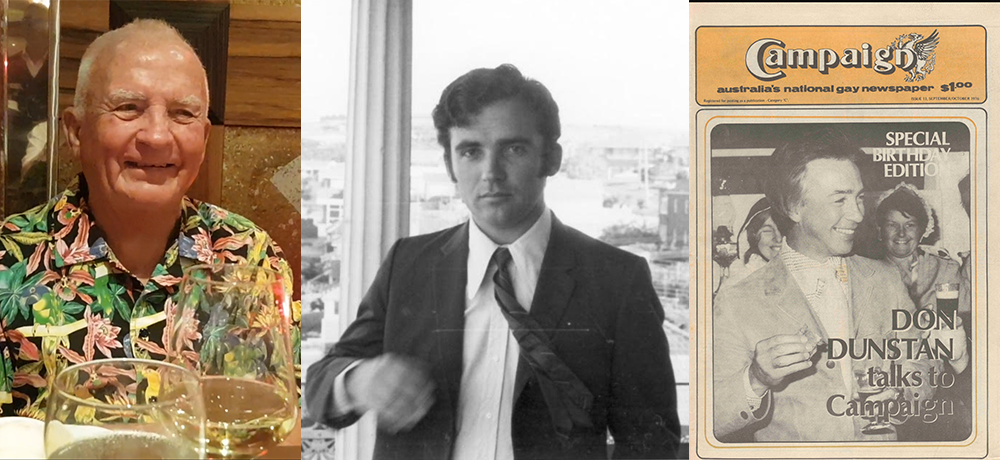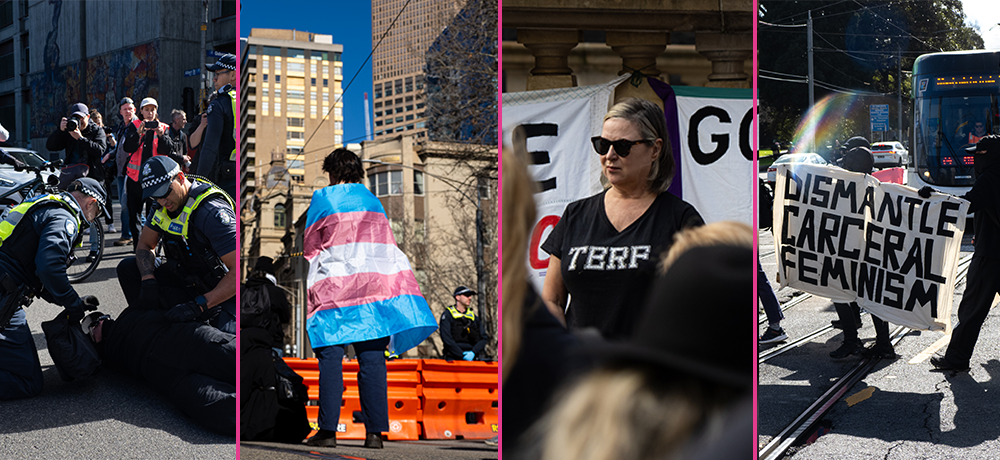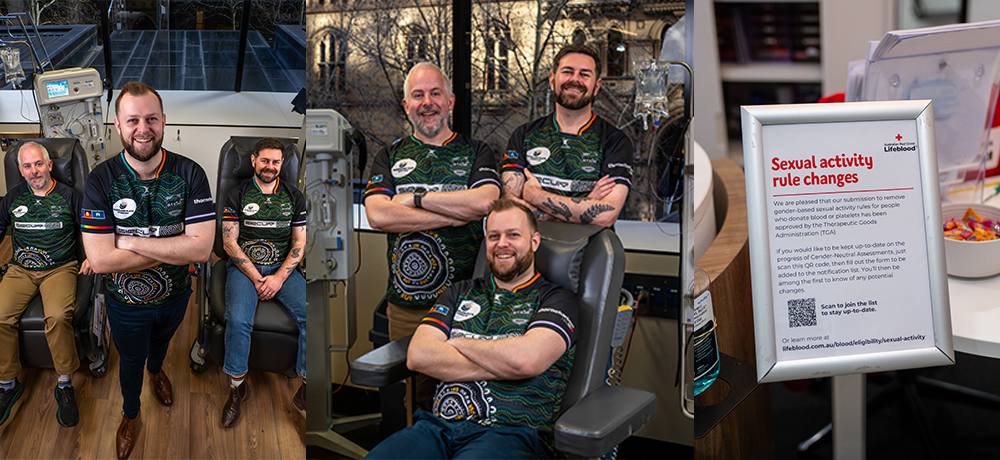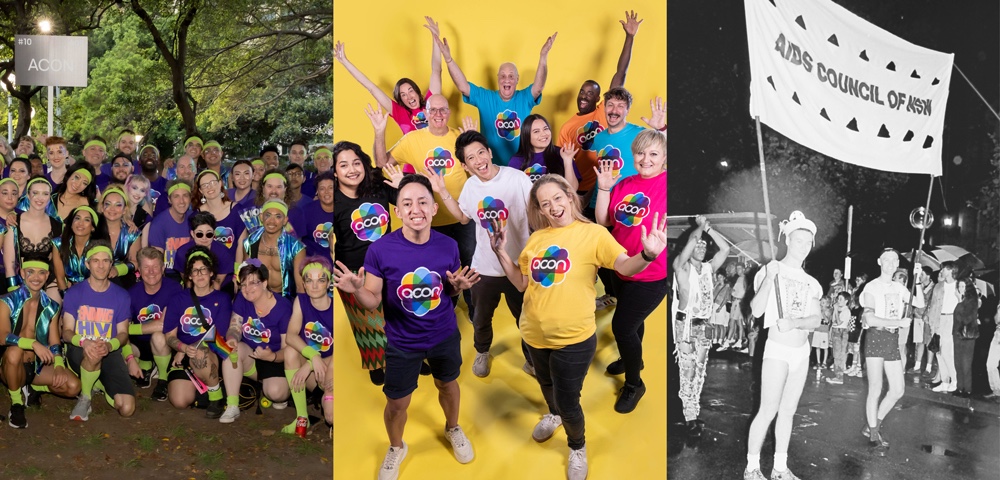

 NSW Liberal Party deputy leader and Health Minister Jillian Skinner keeps a low profile for one of the state government’s most senior figures. But the North Shore representative has been far from idle since assuming office in March 2011. Skinner has declared war on HIV, aiming to practically eliminate new transmissions during her time in office.
NSW Liberal Party deputy leader and Health Minister Jillian Skinner keeps a low profile for one of the state government’s most senior figures. But the North Shore representative has been far from idle since assuming office in March 2011. Skinner has declared war on HIV, aiming to practically eliminate new transmissions during her time in office.
“I’ve always considered that, right from the beginning of the HIV/AIDS epidemic, it was a very important public health issue – not just for those who were affected by it, but as a social responsibility,” Skinner told the Star Observer.
“The North Shore has the second-largest gay community in the state, and I want to look after my electorate, but it’s about more than that – we have to do it because it’s right. Reducing HIV is an absolute passion of mine.”
On World AIDS Day last year, Skinner set that ambition in motion, announcing the first binding targets for HIV reduction in Australia’s history. Skinner makes no apology for the extremely ambitious goals, which aim to cut new transmissions by 80 per cent by the year 2020.
“When I first decided on these numbers people said ‘you’re nuts! You can’t have targets like this,’ but we’ll never get there if we’re not ambitious. I believe you lead by example,” she said.
“If we can achieve these goals in NSW, others are going to have to sit up and take notice. We might struggle, but we’ll get there.”
Having been an inner-Sydney state MP for 19 years, Skinner has first-hand knowledge of the impact the HIV epidemic has had on the gay community. She noted that the prospects for someone living with HIV now are far brighter than they were in the 1990s.
“Those early days with the Grim Reaper ads, fear campaigns, people victimised; it was a terrible time. People thought that HIV was a death sentence, whereas nowadays it can be regarded as a chronic illness – you have to look after yourself, but you can live with it.
“To know that eliminating HIV is feasible is a very exciting prospect.”
Feasible it might be, but reducing HIV so drastically has proven to be not without its challenges – while there is broad bipartisan support for Skinner’s agenda in federal Parliament, she is still waiting on approval for a number of measures, like widespread rapid HIV testing, that have the potential to seriously reduce new transmissions.
“Rolling out rapid testing to pharmacies and letting people get on medication before they’re in a vulnerable position is especially important, but we need the Commonwealth to come to the party,” she said.
“The challenge for me is I can’t do it on my own, I’ve got to persuade people to come along. I can make all the utterances in the world, but people have got to act on it.”
While Skinner occupies one of the safest seats in the state, it was a long road to the government benches – first winning her seat of North Shore in 1994 after three failed attempts, she spent 16 years in opposition, 14 of those as the shadow health minister.
“I get very nervous when people tell me how safe I am. When I won in 1994, my one seat was the difference between (former Liberal NSW Premier) John Fahey winning or losing office. I don’t think I’ll lose North Shore anytime soon, but it could happen.”
While the state government is often at loggerheads with prominent LGBTI rights advocates, such the Greens and independent Sydney MP Alex Greenwich, Skinner points to a new breed of gay conservatives like Coogee MP Bruce Notley-Smith and City of Sydney councillor Christine Forster as evidence the Liberal Party is evolving.
“I think there’s a lot of mythology about the stance of political parties – there’s been a lot of bipartisanship on gay issues for quite a long time in NSW. My gay constituents often come up to me in the street and thank me for the work I do, I’ve never had any worries with the gay community.”
Despite a career spanning more than 30 years in politics and public health, now that she’s here, the 68-year old veteran says she has no intention of going anywhere. Finally getting the job after the Coalition’s landslide victory in 2011 proved to be the fulfilment of a lifelong goal.
“It was miraculous, really. I’ve put a good deal of my life into understanding the health portfolio and developing good relationships, and I honestly think I can make a difference,” she said.
“I work twenty-four/seven, although I’ve recently started taking some time off on Sundays, and I love it. To be able to do this kind of thing is the most important work I can do.”









